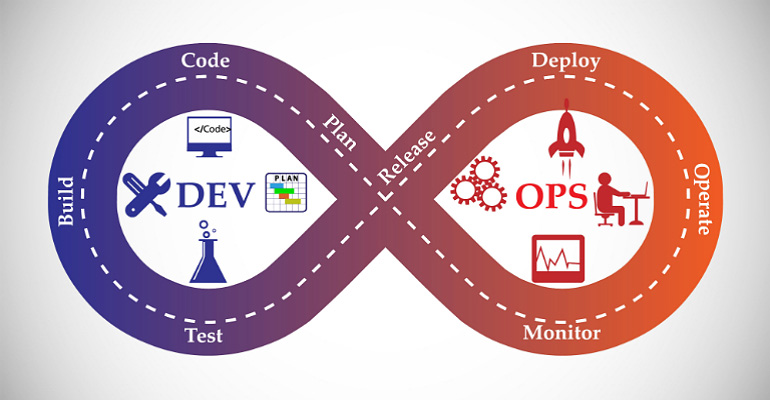Introduction
AWS DevOps combines Amazon Web Services’ tools and practices with DevOps methodologies to optimize and automate the software development lifecycle. By integrating services like CodePipeline for continuous delivery, CodeBuild for testing, and CloudFormation for infrastructure as code, AWS DevOps facilitates efficient, consistent, and collaborative development processes. This approach supports rapid, reliable software releases and enhances operational performance through automation and advanced monitoring capabilities. Consider checking the Devops And Aws Training to know more about this revolutionizing technology.
What Is AWS DevOps?
AWS DevOps refers to the integration of Amazon Web Services (AWS) tools and services with DevOps practices to streamline and automate the software development lifecycle. DevOps combines development and operations to improve collaboration, efficiency, and continuous delivery.
AWS offers a range of services to support DevOps, including:
- AWS CodePipeline for continuous integration and delivery.
- AWS CodeBuild for building and testing code.
- AWS CodeDeploy for automated deployment to various environments.
- AWS CloudFormation for infrastructure as code.
These tools help automate tasks like code integration, testing, and deployment, enabling faster, more reliable releases. AWS DevOps practices also focus on monitoring and managing applications using services like Amazon CloudWatch and AWS X-Ray, enhancing operational efficiency and application performance. Overall, AWS DevOps leverages AWS’s scalable infrastructure to support agile development practices and operational excellence.
What DevOps Practice Is AWS Cloud Formation Used For?
AWS CloudFormation is a critical tool used in infrastructure as code (IaC), a key DevOps practice. Infrastructure as code allows developers and operations teams to automate and manage infrastructure using configuration files, rather than manually provisioning and managing resources. AWS CloudFormation helps implement this by allowing users to define infrastructure using JSON or YAML templates, which specify the resources needed and their configurations.
Key DevOps Practices AWS CloudFormation Supports
- Automation: DevOps emphasizes automation in software development and operations to achieve faster and more consistent deployments. CloudFormation automates the provisioning of AWS resources, such as EC2 instances, S3 buckets, RDS databases, and more, by deploying entire infrastructures through reusable templates. This eliminates the need for manual intervention, reducing human error and speeding up deployment cycles.
- Version Control and Collaboration: Since CloudFormation templates are code, they can be version-controlled just like application code. This allows teams to track changes, collaborate, and roll back to previous versions when necessary. It fits seamlessly into the DevOps pipeline, where continuous integration (CI) and continuous deployment (CD) are standard.
- Consistency: In DevOps, maintaining consistent environments across development, testing, and production is crucial. AWS CloudFormation ensures that infrastructure environments are replicated consistently by deploying the same templates across various stages of development. This helps to avoid configuration drift and enables easier troubleshooting.
- Disaster Recovery and Rollbacks: DevOps practices require resilience and the ability to recover quickly from failures. CloudFormation’s stack management enables easy rollbacks if a change causes an issue, ensuring faster recovery times.
Thus, AWS CloudFormation plays a vital role in the automation, consistency, and collaboration aspects of DevOps by managing cloud infrastructure as code. Aspiring professionals can join the AWS DevOps Certification training for the best skill development and opportunities.
Conclusion
To summarise, AWS DevOps integrates AWS services with DevOps practices to automate and streamline the software development lifecycle. By leveraging tools like CodePipeline, CodeBuild, and CloudFormation, AWS DevOps enhances efficiency, consistency, and collaboration, supporting continuous integration, delivery, and robust monitoring to drive agile, reliable software releases.







